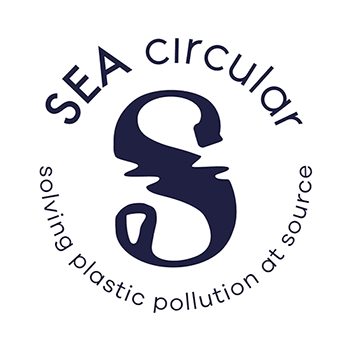SEA of Solutions 2019 was the first annual partnership week convened by the SEA circular initiative. SEA of Solutions 2019 brought together governments, business leaders, scientists, UN agencies and community groups, to dialogue on solutions for marine plastic pollution.
Over 500 registered participants from more than 40 countries, 115 speakers in 20 sessions and 25 exhibition booths, all highlighted solutions to prevent marine plastic pollution. The first annual SEA of Solutions event was successful in generating dialogue and promoting opportunities for future collaboration and partnerships. More than 300 organizations, including well over 100 companies, NGOs, governmental bodies, academic, and youth groups sent representatives from across the region to this event, fostering partnerships in the region to combat the transboundary problem of plastic pollution – under the uniting mantra of ‘Together, less plastic wasted’.
country list: Thailand
Plastic bag ban underway in Thailand
1 January 2020, Bangkok, Thailand: The new year marked the start of the ban on plastic bags in Thailand, implemented by around 75 brands under the Thai Retailers Association to reduce plastic waste in the country.
The aim is to reduce 13.5 billion plastic bags handed out to shoppers, or 30 per cent of plastic bags used in Thailand annually.
Under the association’s campaign entitled ‘Every day say no to plastic bags’, 24,500 distribution channels of all the Association’s 75 members will stop giving plastic bags for purchases, hoping to drive the country closer to a plastic waste free society.
The Department of Pollution Control recently revealed that 40 per cent or 18 billion plastic bags come from Thailand’s fresh markets annually, while the balance of 30 per cent, or 13.5 billion bags, come from local grocery stores.
A government campaign to eliminate single-use plastic bags entirely by 2022 has seen television channels pixelating plastic bags onscreen.
Plastic waste management demonstration area launched in Rayong
Circulate Capital closes US$ 106M fund to protect Asia’s ocean from plastic
SEA of Solutions 2019: Partnership Week to Reduce Plastic Pollution
SEA of Solutions 2019 was the first annual partnership week convened by SEA circular. SEA of Solutions 2019 took place at the UNCC in Bangkok in November 2019. The event brought together governments, business leaders, scientists, UN agencies and community groups, to dialogue on solutions for marine plastic pollution.
More about SEA of Solutions 2019
SEA of Solutions 2019: Event Summary
SEA of Solutions 2019 was the first annual partnership week convened by SEA circular. SEA of Solutions 2019 took place at the UNCC in Bangkok in November 2019. The event brought together governments, business leaders, scientists, UN agencies and community groups, to dialogue on solutions for marine plastic pollution.
More about SEA of Solutions 2019












